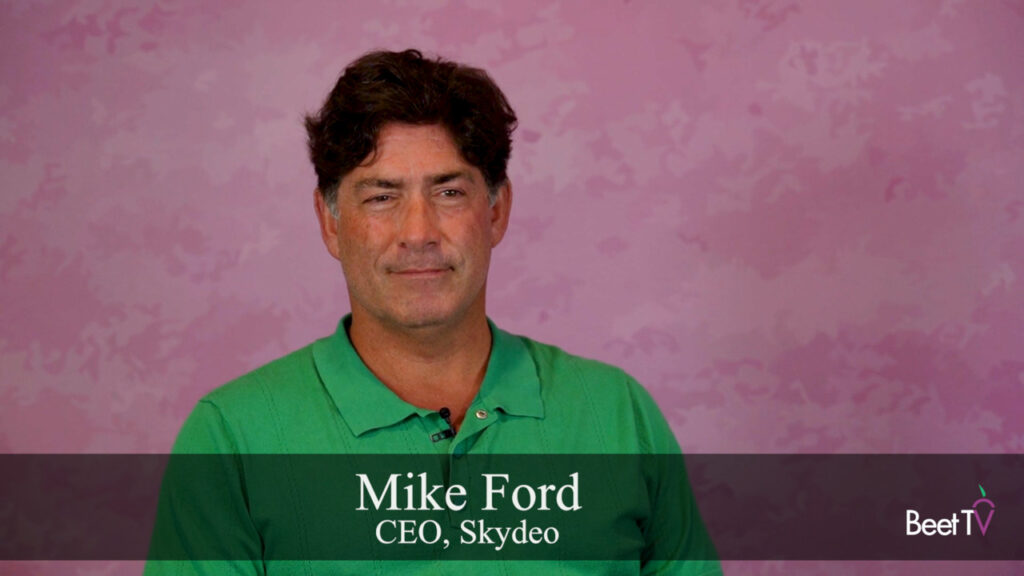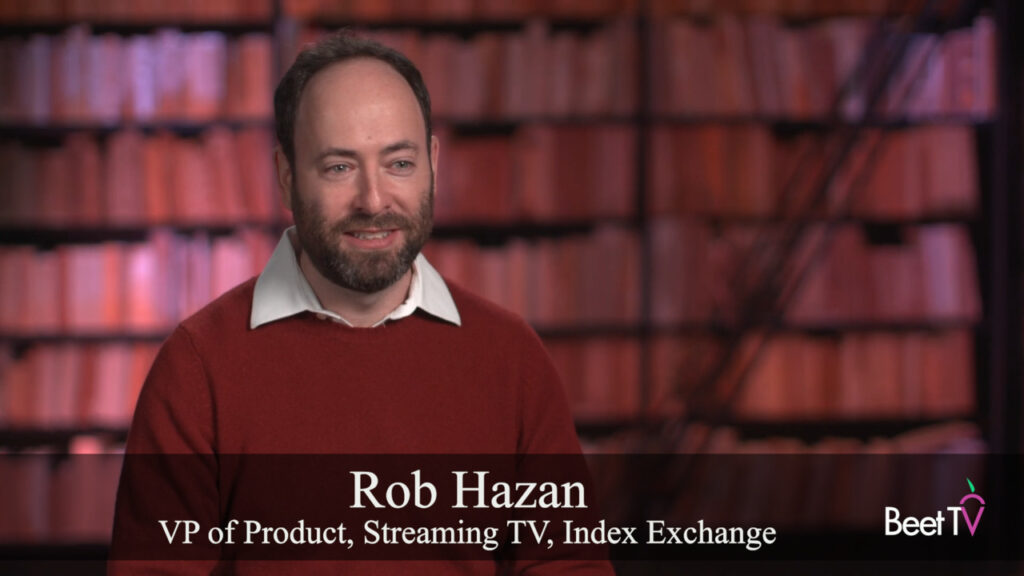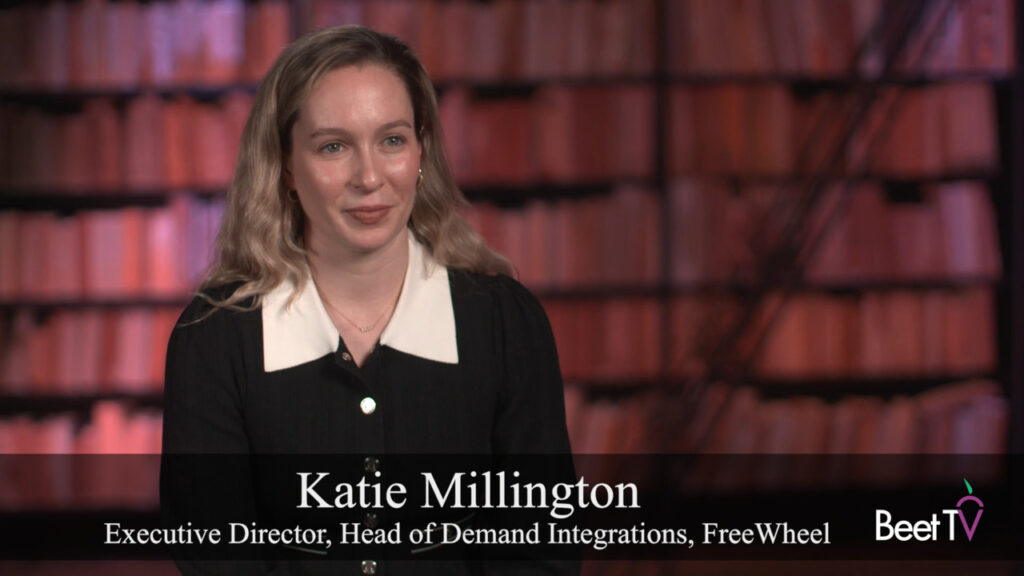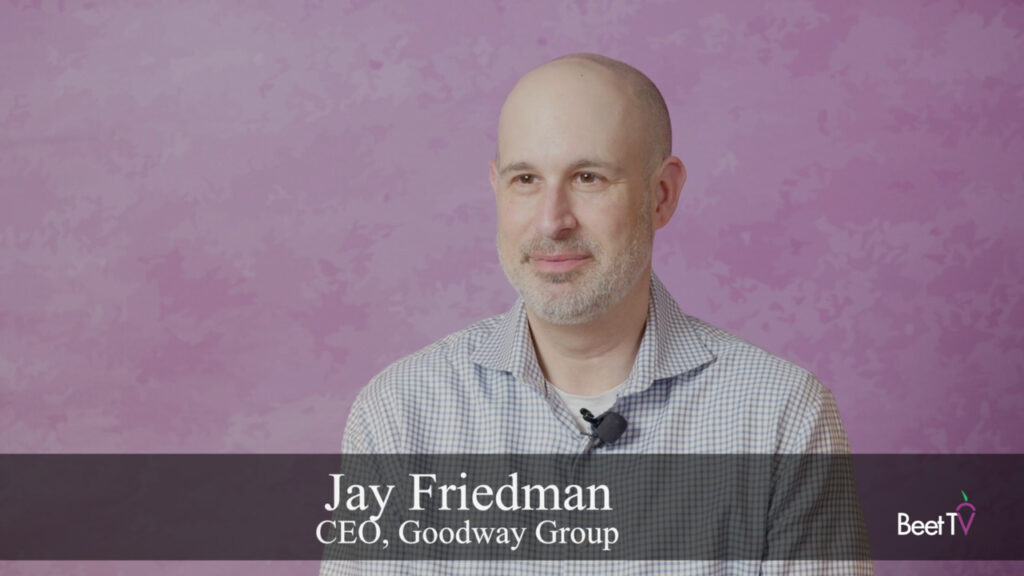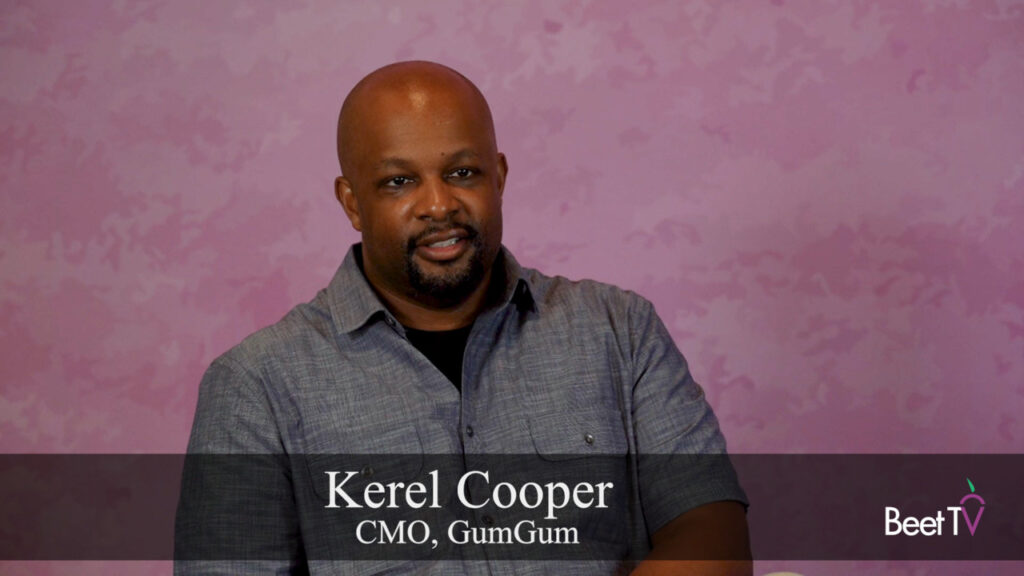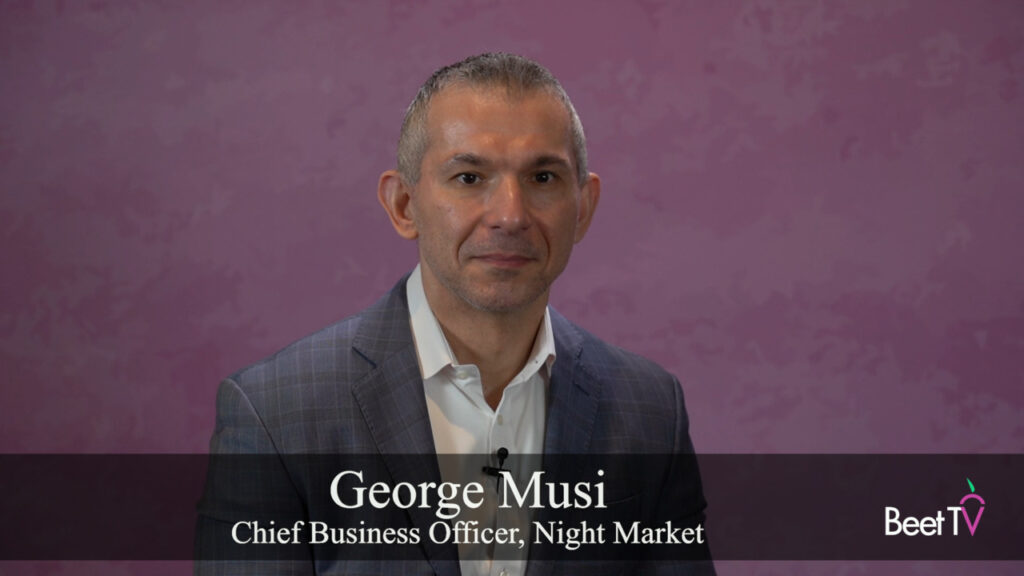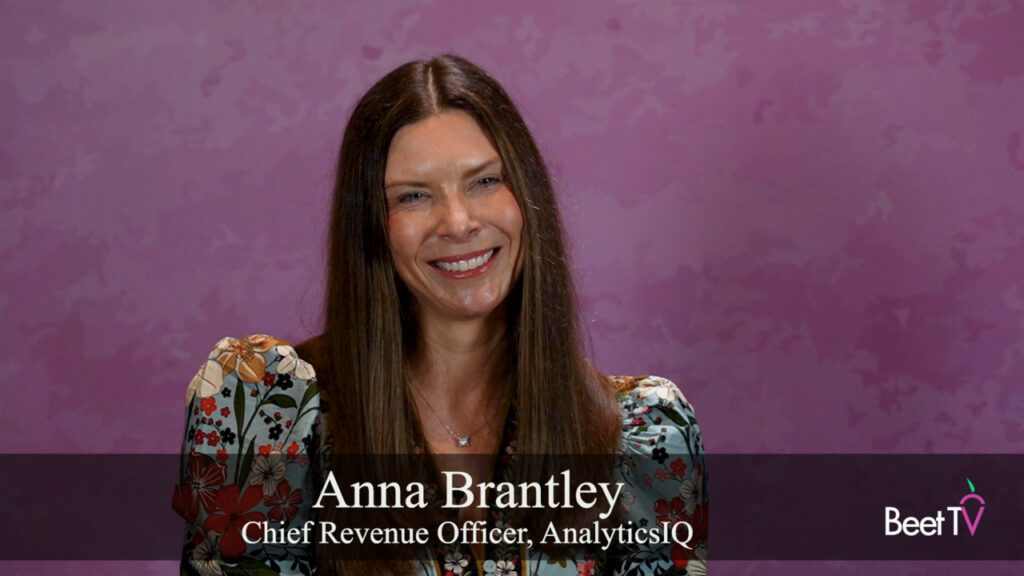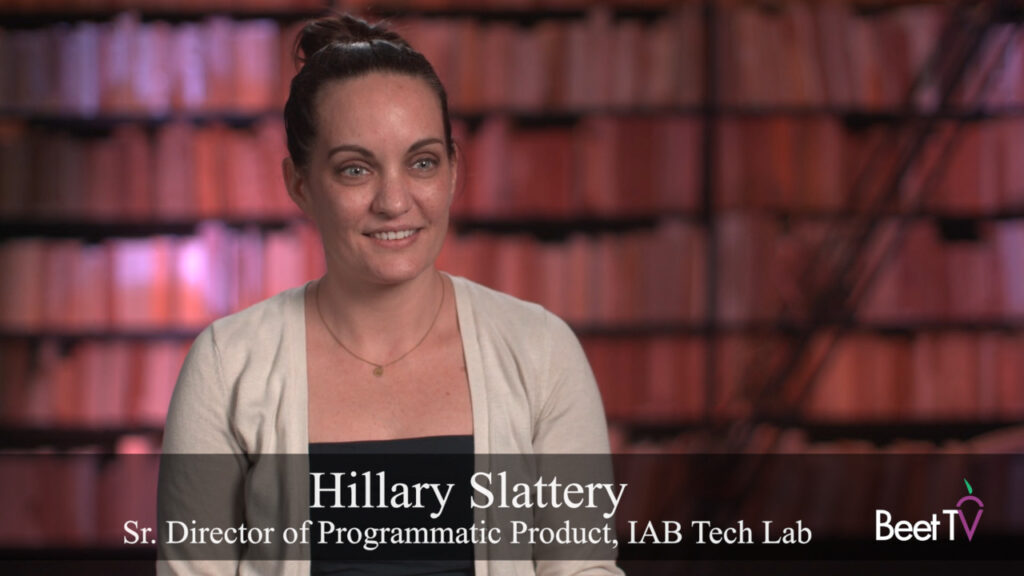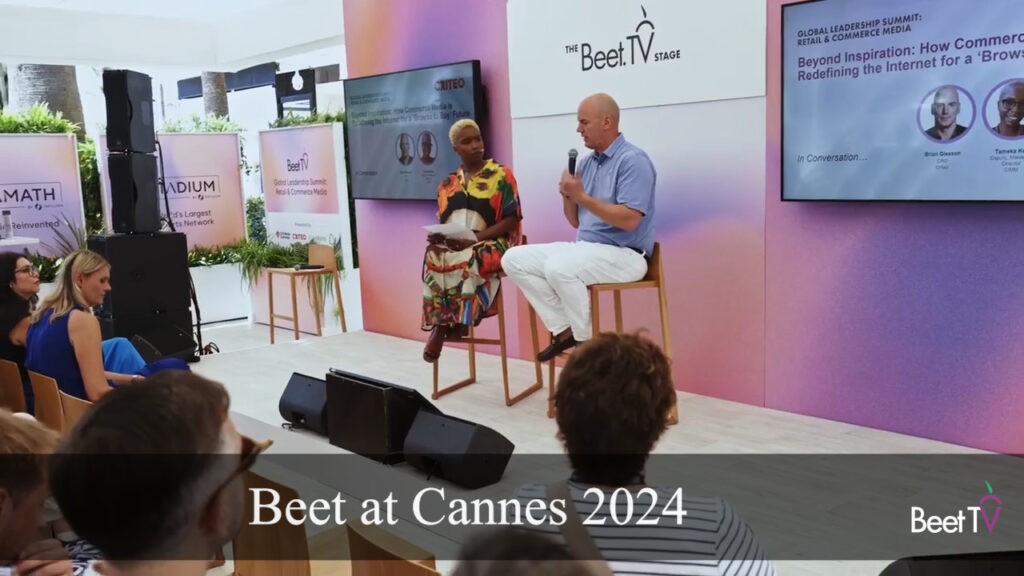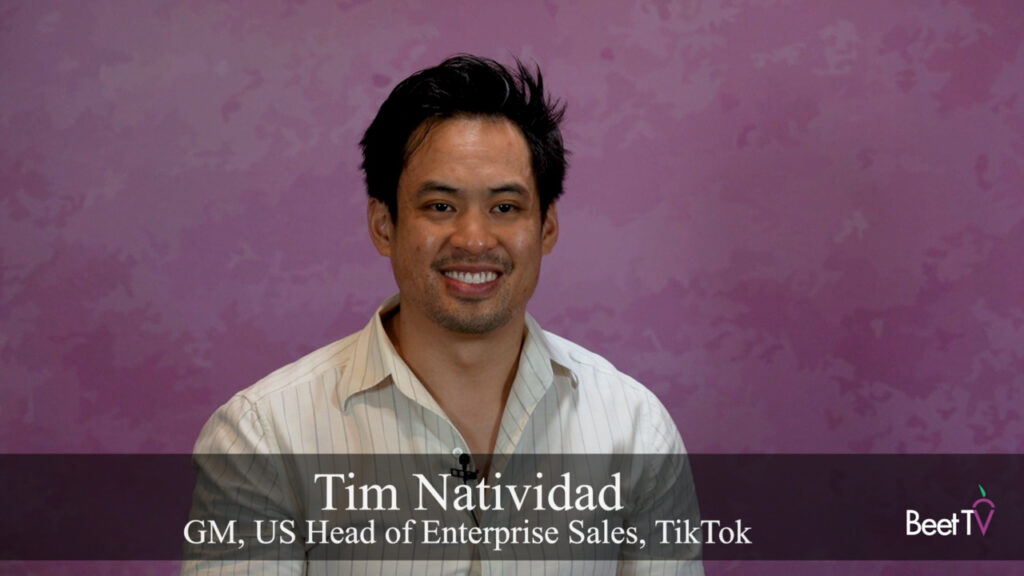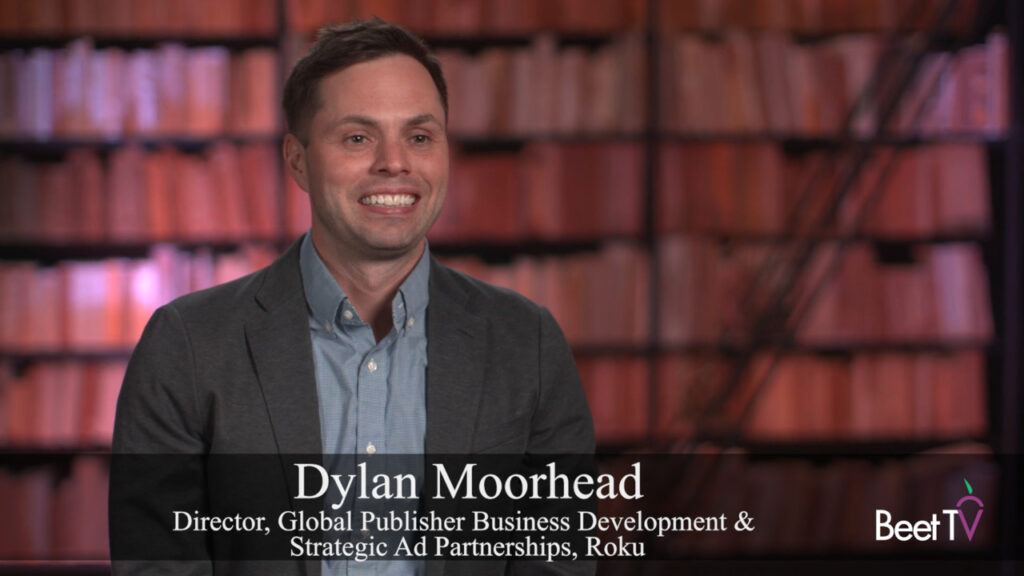MIAMI – In the tug of war that is television advertising, programmers pull the traditional ratings window beyond 30 days while advanced TV specialists grapple with more precise targeting. Somewhere in the middle lies a holistic view of all advertising impressions that buyers can bid for, but it’s a galaxy far, far away.
This is one takeaway from a panel discussion at the recent Beet.TV Retreat 2016 on the value of advanced TV advertising. Moderated by Tim Hanlon, CEO and Founder of The Vertere Group, the discussion began with an examination of the usefulness of addressable advertising and ended with a critique of legacy ratings.
To Jonathan Bokor, advanced TV is defined as addressable, audience index programmatic and over-the-top. “These are three very distinct and different tools,” observed the SVP and Director of Advanced Media at MediaVest | Spark. “They are not currently easily melded together. That’s where we have to go.”
Larene Mantel, the Director of Advanced TV at Cadreon, said it “might not make sense for all advertisers to be in the addressable space,” a sentiment echoed by Mike Bologna, President of MODI Media. “On average, about a third of every addressable analysis we do for an advertiser the recommendation back to them is this isn’t the right approach,” said Bologna.
Nonetheless, all three panelists agreed that addressable can be a valuable, bottom-funnel tactic and that in general, TV needs to be more effective, efficient and accountable. “This is really an opportunity to deliver more frequency against your best prospects,” said Bokor. “And as a consequence, to spend a little bit less on demo-targeted media that has a lot of waste associated with it.”
But there’s still the top of the funnel, which is why traditional TV isn’t going away anytime soon.
“There’s always going to be that top of the funnel and there’s always going to be the mass GRP’s being pushed there,” said Bologna. “But now that most of these advertisers understand who their real target is, we can balance it.”
Added Mantel, “It’s finding the balance” and for advertisers “not caring where your airing but who you’re reaching and that you’re reaching the right person.”
Asked by Hanlon to reconcile increasingly longer Nielsen ratings windows like C30 with the move toward more targetable impressions, Bologna said that both are needed. “It’s absolutely both. There’s nothing wrong with improving the legacy metrics.”
Bokor was hard pressed to assign a value to C30. “The market forces that are applied to determine the value are really insufficient,” Bokor said. “We have a marketplace that doesn’t truly reflect the actual value of each impression. C30 is going backwards in the extreme.”
Bokor would like to be able to bid on every advertising impression, a situation that Bologna suggested would result in “all hell is going to break loose” because the CPM’s could skyrocket.
“I want a holistic marketplace so that it’s not just about TV,” said Bokor. “I want to look at the entire marketplace of all advertising impressions and find where the value is. And if I can truly get that, then I know exactly what I’m paying for and I might be willing to pay more.”
This interview was conducted at Beet Retreat 2016: The Transformation of Television Advertising, an executive retreat presented by Videology with AT&T AdWorks and the 605. Please find more videos from the event here.






